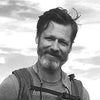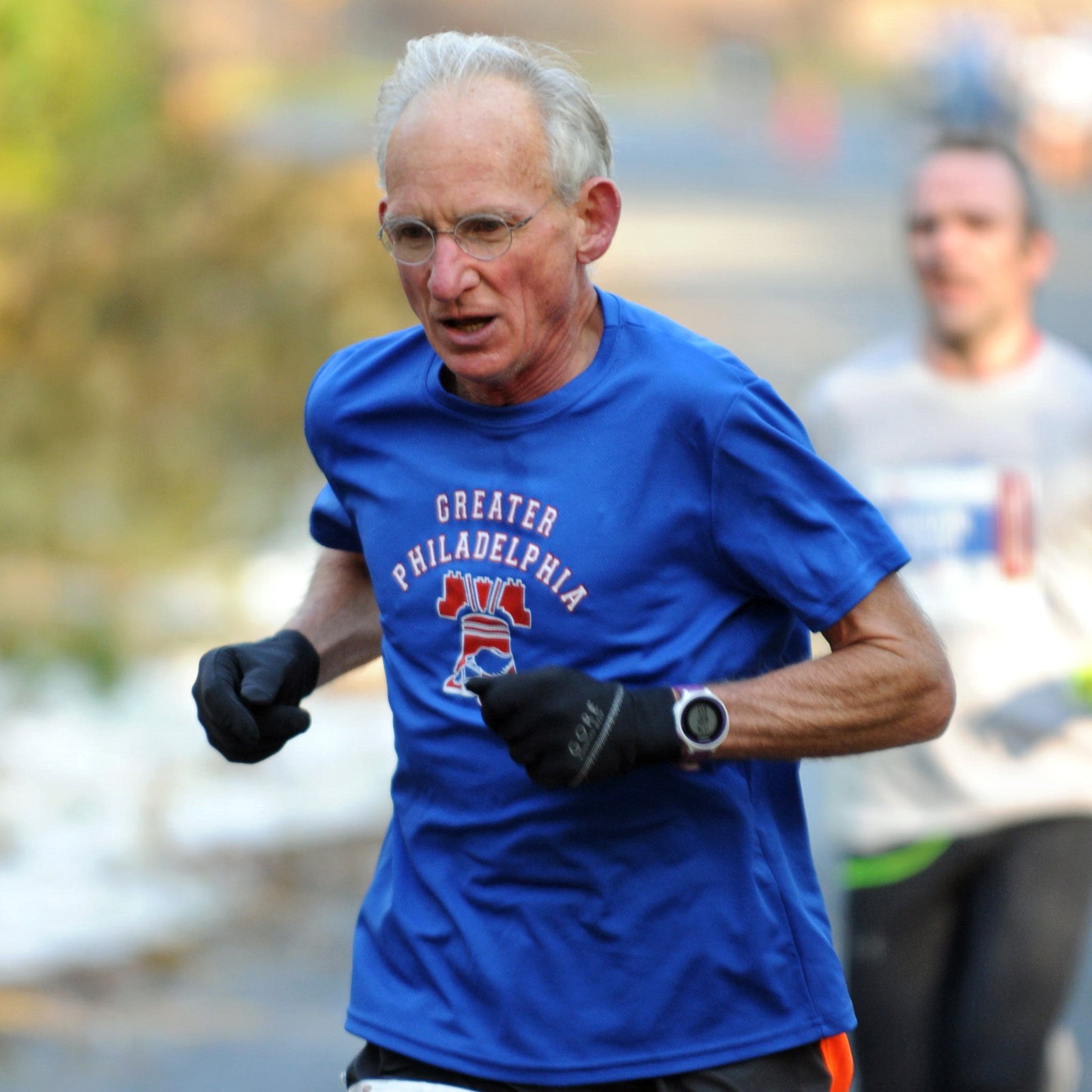Gene Dykes is obsessed. The 71-year-old Pennsylvania resident is scheduled to run 34 races in 2019, including five marathons and��17��ultras, four of which are 100-plus-milers. He’ll travel to events in 13 different states��and��all over the world, hitting a 200-mile race��in Australia, a 125K��in the Azores, and a marathon in Canada—a grand total of 1,360 miles of racing. That doesn’t even include the local fun runs��that Dykes will enter��or the 1,500 miles of training he’ll put in this year. “I look in my calendar, and if I see an open weekend, it drives me nuts,” he��says.
Dykes��has become one of the most prolific and successful septuagenarian racers of all time, winning multiple masters national championships, setting a number of national records, becoming the oldest person ever to run the (three 200-mile races in a single year), and achieving ��at 70 years old. But Dykes is just hitting his stride; he didn’t run his first marathon until he was��58. “I was always a jogger to stay in shape, but I never ran hard until I retired at 64,” Dykes says. “Turns out, when you have a lot of time on your hands, you can run a lot more.”
Given his packed race calendar, Dykes is essentially always gearing up for competition. He puts in a minimum of 40 miles a week, and he doesn’t take it easy.��Currently, he’s working with��a coach who��helps him incorporate��speed, tempo, and long runs into his regular aerobic��jaunts, which��consist of six to sixteen��miles at a seven-to-eight-minute-mile pace. In a lot of ways, Dykes defies stereotypes that suggest retirees can’t do speed work or race often. “I don’t think you should give up on running hard just because you’re older,” Dykes says. “People say you shouldn’t race every weekend, but I disagree. You can train your body to do it. I had more injuries when I was a casual runner. My knees are stronger now than they ever have been.”
And Dykes seems to just be getting stronger. He has��won his age division in the Boston Marathon��three years in a row,��running��the race in 3:22:41 last year, a respectable time at any age. But this year, he ran it in 2:58:50, about 18 minutes faster than the closest competitor in his age group.��
“Turns out, when you have a lot of time on your hands, you can run a lot more.”
As for other forms of exercise, Dykes doesn’t buy into yoga or strength training. He just runs. “I like to keep things simple,” he��says. “I don’t believe stretching works for me. The best stretch is a warm-up run. I’ve flunked all the flexibility tests. I don’t cross train. That just takes time away from running.”��
Still, Dykes doesn’t��preach��a running-only routine for everyone. “I understand you have to put me on one side of the ledger and a lot of experts on the other side. Everybody’s different. But just because conventional wisdom says you gotta do one thing��doesn’t mean you have to do that one thing,” Dykes says. “You gotta find what’s right for you. That’s my point of view.”
Dykes has spent the last couple of years achieving��specific running goals. In 2017, his race season was all about completing the Triple Crown of 200s, knocking off the Bigfoot 200, the Tahoe 200, and the Moab 240. Last year��he was focused on trying to beat the long-standing world record for fastest marathon in the 70-to-74 age group, set by Ed Whitlock in 2004.��In December, he ran a 2:54:23 at the Jacksonville Marathon in Florida, besting that��age-group��world record by 25 seconds. The next day,��he learned that��while the race course was certified by USA Track and Field, the race itself wasn’t sanctioned by the governing body—making it ineligible for the��record. But that doesn’t get Dykes down. “It’s a paperwork thing,” he says. “It isn’t holding the record that’s important to me. It’s setting a goal and achieving it. And I did that.”
In��2019, Dykes is��running for fun, filling his race schedule with the most enticing competitions he can��find all around the world. These superfun things include feats like��running the Boston and Big Sur Marathons��with only two weeks to recover in between��(you get a T-shirt��for that). There’s also the��four 100-milers, and a 24-hour track race where he’ll try to set a national record for the most miles run��in��his age group (the current record is 108). He’s also planning on making another attempt at the marathon world age-group record this year in Canada at the Toronto Waterfront Marathon, the same race where��Whitlock set the record 15 years ago. Dykes is��getting older, sure—but he’s also getting faster. “Most people who were running hard when they were younger are burned out by the time they’re my age,” Dykes says. “But I’m not burned out.”
And through it all, Dykes is hoping to inspire other retirees to step out of their comfort zones. “Just run. Don’t limit yourself to one distance, try everything,” he says. “Sign up. Stretch your boundaries. Do a stage race, which are like the gateway drugs to running longer. It doesn’t matter if you fail. Just try.”


